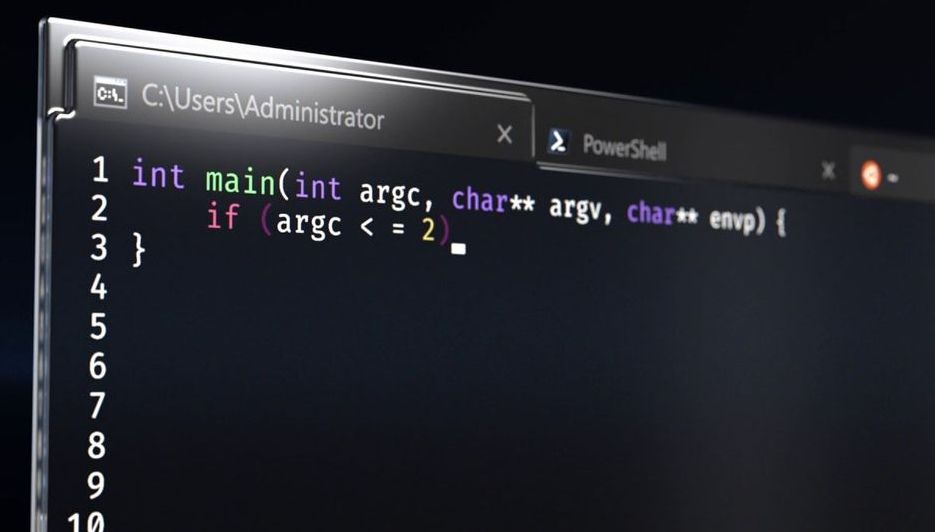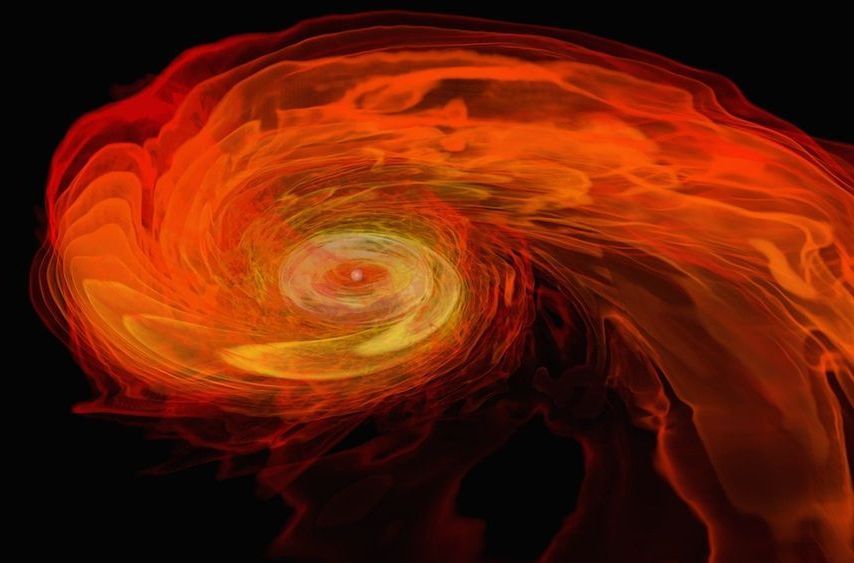Pixel users can get walking directions from Google Maps in augmented reality.
A Mongolian couple died from the bubonic plague after eating raw marmot meat, sparking a quarantine that trapped tourists for days, officials said Monday.
According to AFP, the couple died May 1 in a remote area of the country’s Bayan-Ölgii province, which borders China and Russia.
A six-day quarantine of 118 people who had come in contact with the couple, including locals and a number of foreign tourists, had been lifted as of Tuesday, Ariuntuya Ochirpurev, a World Health Organization official, told the BBC.
These scores are a good deal lower than phones using the latest Snapdragon 855 processor, such as the Galaxy S10, as well as the Snapdragon 845 chipset in the Pixel 3 series. However, it surprisingly beat out the Google Pixel 2 and 2 XL, which scored 146,876 and 110,949 on AnTuTu, respectively.
There may be a few graphically-intensive games that could give the Pixel 3a and 3a XL pause, but so far, my experience has been pleasantly smooth.
Chrome 74 was released only a few days ago, which means v75 has moved up to the Beta Channel. This release doesn’t have any drastic changes, but it does continue to improve the dark theme, and there are some fancy new APIs that web apps can use.
Dark theme changes
Chrome 75 includes a few changes to the dark theme that first arrived in Chrome 74, though you still have to activate the #enable-android-night-mode flag to try it out. The settings menu for it has been changed from ‘Dark mode’ to ‘Themes,’ and you can now force light mode to be on at all times (even when the system itself is in dark mode).
Sharing what’s new in Android Q
Posted in futurism







